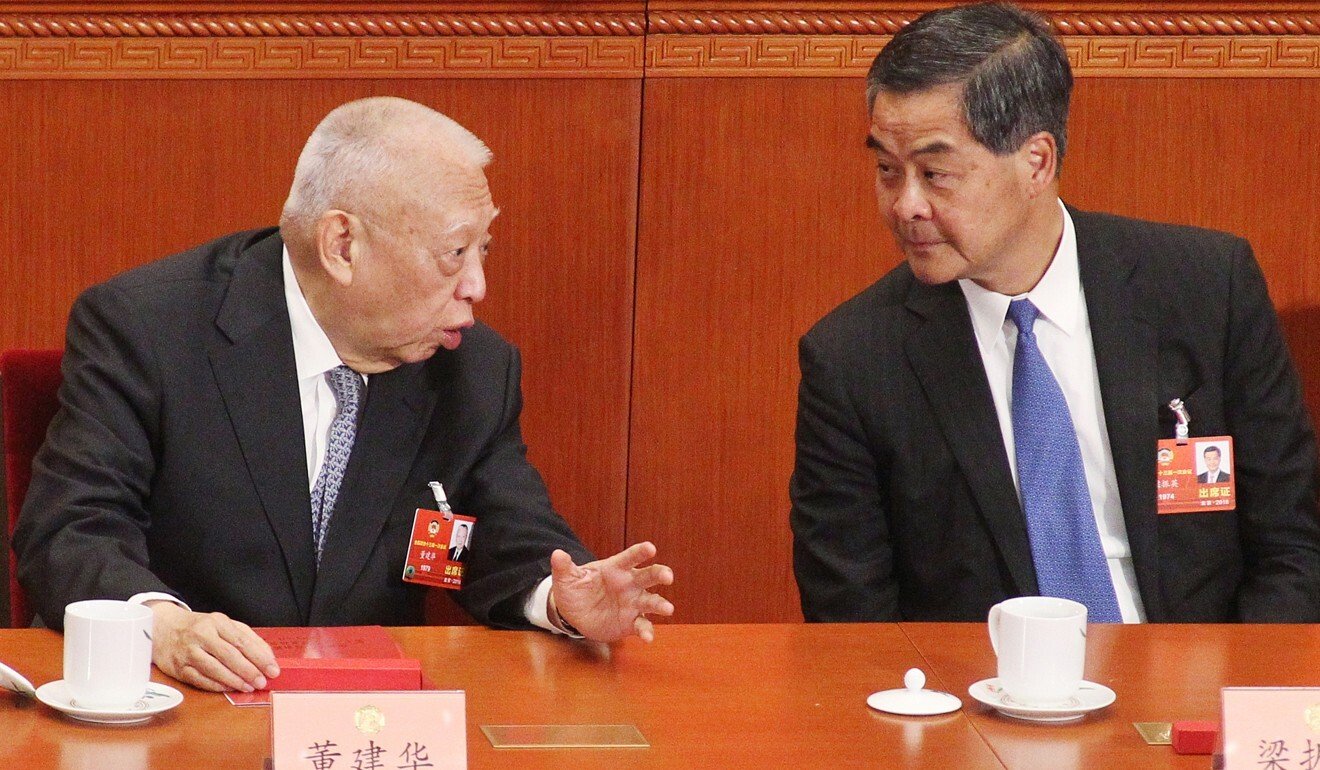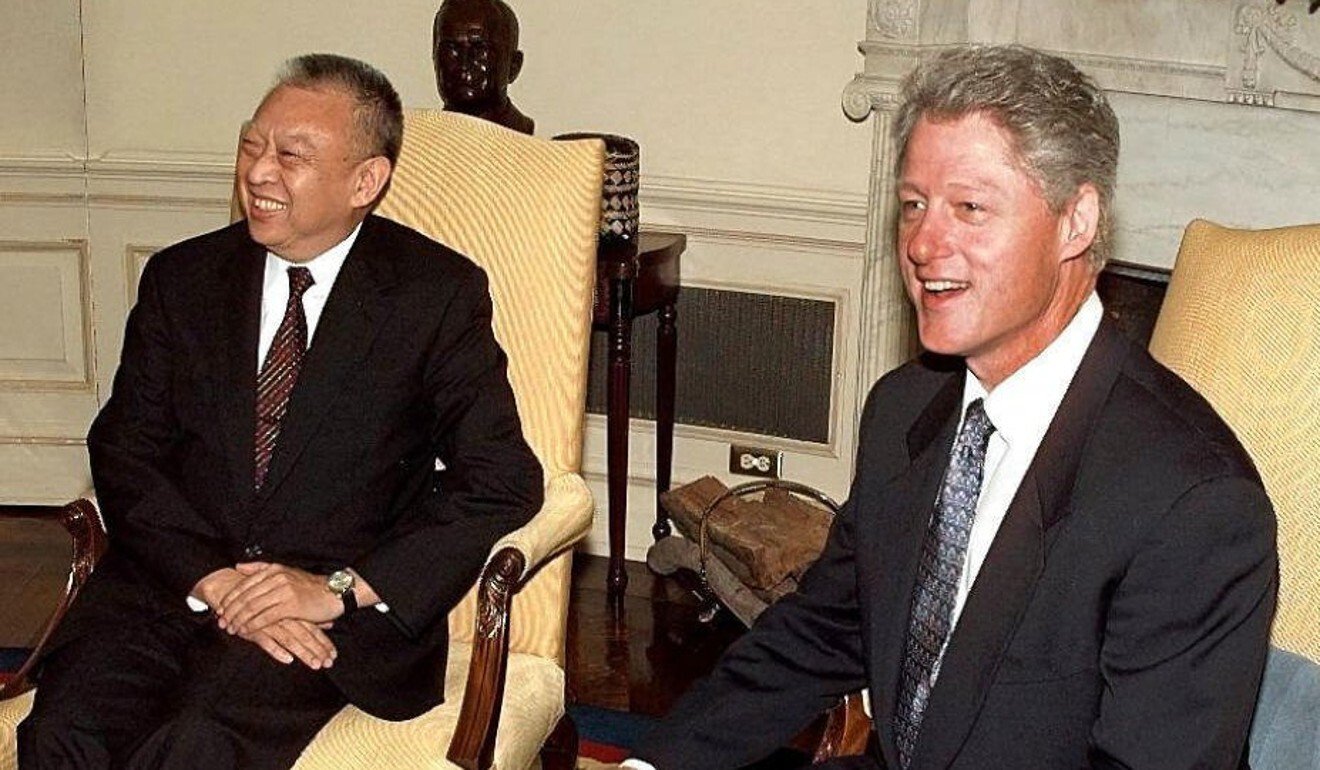
What it means for Hong Kong’s Carrie Lam to give up her US visa
- Visiting the US has long been a must for Hong Kong’s chief executives, though the right moment never came for Carrie Lam
- But she is likely to be the only city leader to not have visited the country, since Hong Kong’s return to Chinese sovereignty
The determined defiance from Chief Executive Carrie Lam Cheng Yuet-ngor and other senior officials sanctioned by the US government was but expected, with the China-US relationship at its lowest ebb.
Lam even took it a step further to declare she would give up her US visa which was due to expire in 2026.
How the visa will be technically voided on her initiative remains to be seen, but it is most likely to see Lam become the only Hong Kong leader so far who has not yet visited, or will not visit, the US in the foreseeable future since the city’s 1997 return to Chinese sovereignty.
That is a telling reality.
She tried a different style from her predecessors, particularly her former boss Leung Chung-ying, who during his 2012-2017 term appeared to shift towards his well-known “internal diplomacy” approach, advocating further Hong Kong-mainland integration. Lam went all out to show she was a different type of leader after winning the top job three years ago, reaching out not just across the border but also internationally.
Is there room for Hong Kong’s political centre under national security law and US-China wrestling?
However, that proved to be easier said than done. According to official figures, from July 2017 to February this year, Lam made 59 trips out of Hong Kong – 20 of them overseas, to countries in Europe and Asia – and the rest to the mainland. The one significant country missing from the list was the US.
Is visiting the US a must for Hong Kong’s chief executives? The answer has long been “yes” – until now.
The city’s first leader, Tung Chee-hwa, is undoubtedly the one to have cultivated the strongest relationships with both political and business heavyweights in the US until today, thanks to his family’s established ties as well as his personal efforts.

Tung met former US president Bill Clinton in Washington in September 1997, just two months after taking up office. He also met Clinton’s successor George W. Bush in 2001, with media reports suggesting the White House treated Tung as a quasi-state leader. He has remained good friends with the two on a personal level.
When Donald Tsang Yam-kuen was the chief executive, he met then vice-president Dick Cheney in 2005 – it was understood Bush was busy at the time inspecting the devastation caused by Hurricane Katrina.
As US-China tension ratchets up, Hong Kong can be a critical connecting point
In 2013, Hong Kong’s third leader Leung Chung-ying paid an official visit to the US West Coast and New York to promote trade. His trip ended without a stop in Washington, which was seen as odd and attributed to the diplomatic row between the American and Chinese governments over the Edward Snowden saga. The world-famous whistle-blower who once worked for the US National Security Agency was hiding in Hong Kong at the time.
Visiting the US had long been on Lam’s agenda and some initial preparations were under way, but the right moment never came, and is unlikely to present itself again.

Looking ahead, where will Hong Kong-US relations go? Beijing’s imposition of the sweeping national security law is one factor, while domestic American politics is another. But it still matters whether bilateral relations between the world’s two major powers are beyond repair or have a slim chance to avoid a decoupling.
The 21st century started with excitement over how our world was getting smaller, as narrated by Pulitzer Prize-winning American author Thomas Friedman in his 2005 bestseller “The World is Flat”. Today, globalisation has given way to polarisation.
Hong Kong’s fate and the ever-evolving Hong Kong-US relationship, after all, only reflect the geopolitical reality.

